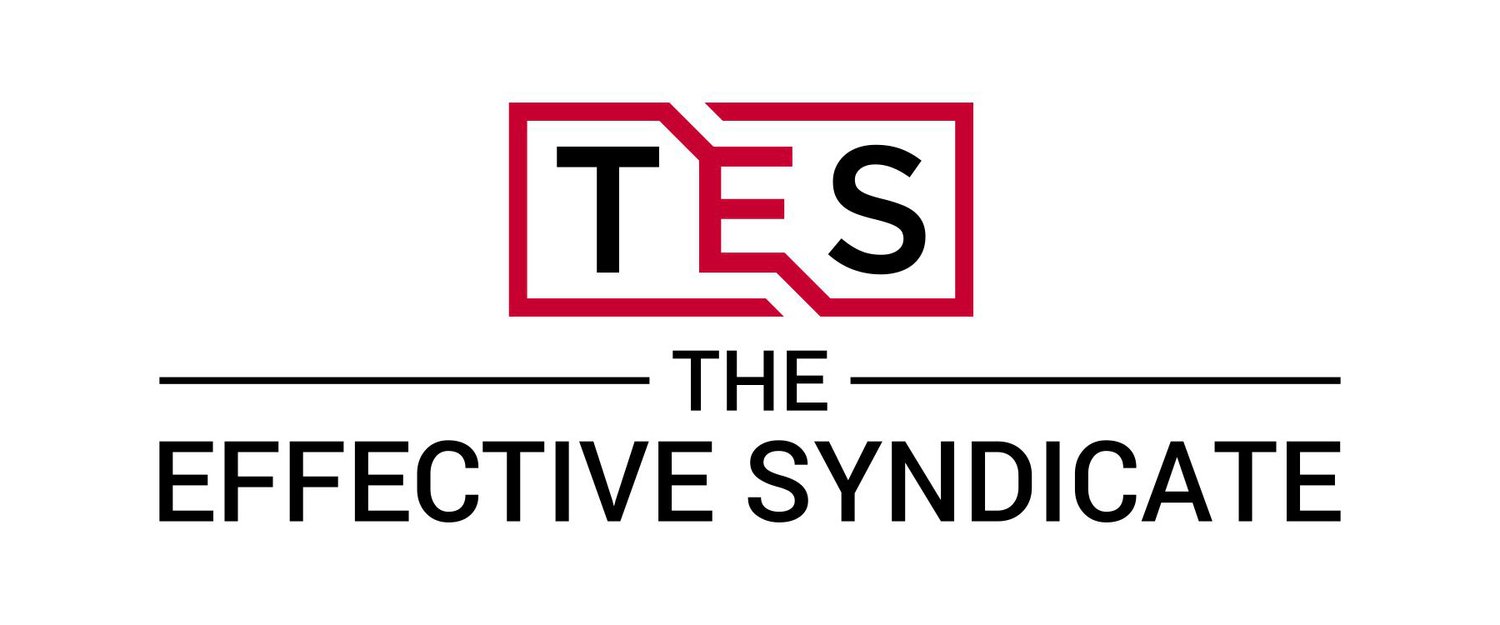Respect is the Key to the Process
As I approached the bridge, I could see floor trim scattered across the road and a man frantically trying to pick up the splintered fragments as cars zoomed by him. I quickly pulled over to offer my assistance to his plight. He looked at me, shook his head and in an exasperated tone said, “I think I need to go home and get back in bed… it’s been one of those days.”
As I helped him salvage what we could, he told me about his day. He was a contractor on his way to do a flooring job. That morning when he stopped to pick up supplies, someone stole the pin that held closed his trailer gate. Not wanting to go back into the store, he used the rope he had intended to use to secure the trim, to tie his trailer gate in place. As he later crossed the bridge, a gust of wind carried the untethered trim out of the trailer and smashed to pieces against the cement bridge. Of course, it doesn’t matter to the client, the contractor will have to repurchase the trim out of his own pocket. As we finished, he thanked me for my help, and I wished him a better day ahead.
Culture is Tethered by Systems
You could certainly argue that this situation boiled down to basic human respect, but there are a lot of parallels in most everyday work environments. How many times has “Jim” borrowed a tool from “Bob’s” area without returning it? Something out of his control goes wrong with Bob’s process and he can’t find the tool that he needs. Inevitably, Bob will be left wishing he were back at home in bed while co-workers rush by his area; and after the proverbial smoke clears, Bob is left cleaning up a mess for which he will have to pay the price.
However, you can’t just force individuals to show respect to one another, that takes a culture developed over an extended period of time. So how do you develop this culture? It starts with standardized systems. There are a multitude of Lean “tools and methods” that can contribute to this effort: 5S, Kanban, Visual Management, Kaizen events, etc. But, without an overall system to manage the usage of this tools you will never be able to truly run to your potential.
The Effective Syndicate takes a holistic approach to help build a systemby focusing on the three areas of:
People
Process
Platforms
No matter where you are in your journey to excellence, we are here to help!

